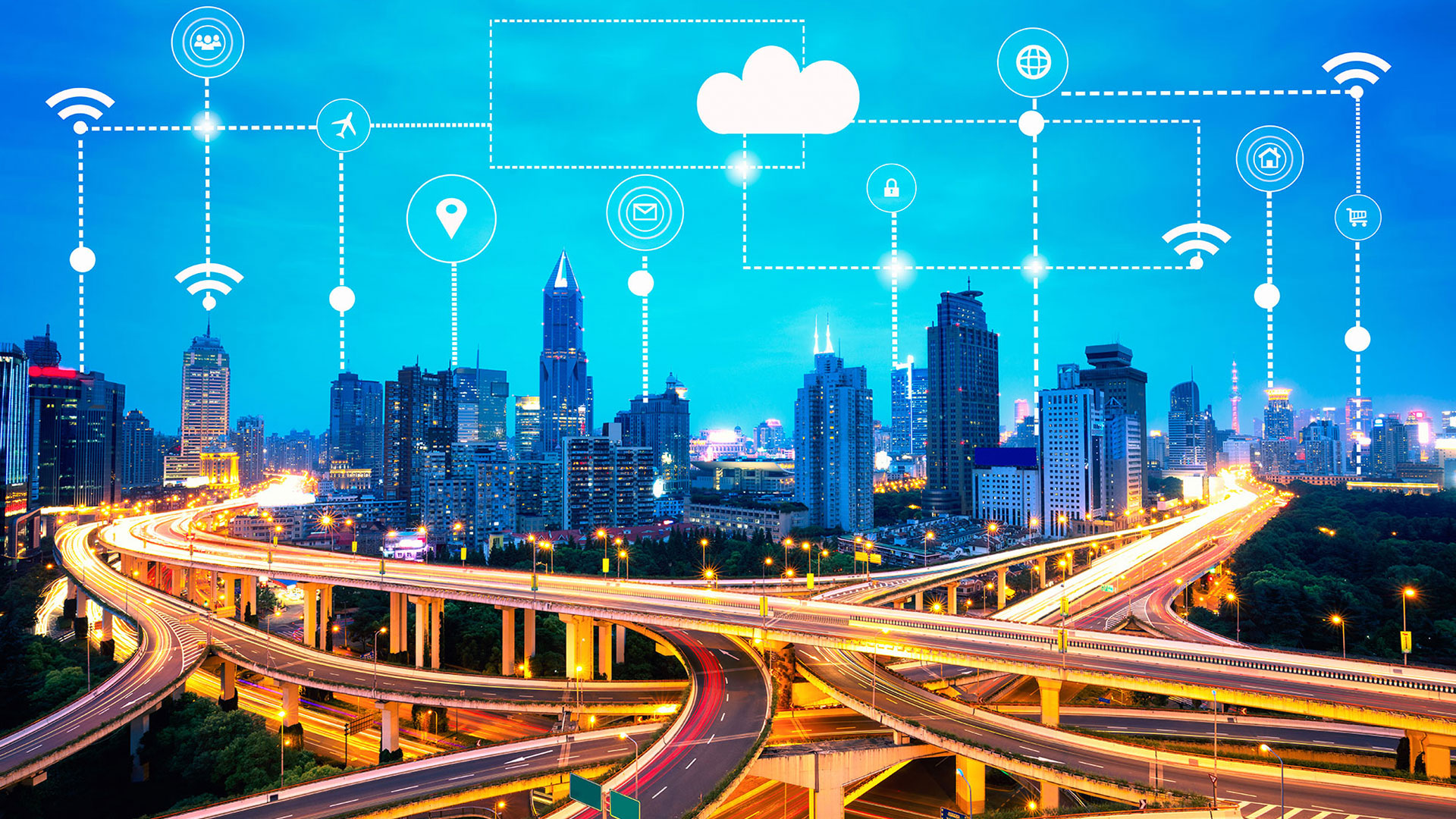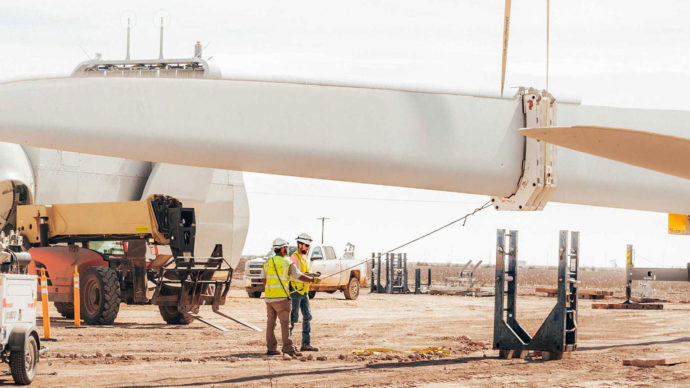When people are talking about the smart city, what do they mean? What is it and what will it mean for property and facility managers?
The McKinsey Global Institute describes the smart city as communities that, “…put data and digital technology to work to make better decisions and improve the quality of life. More comprehensive, real-time data gives agencies the ability to watch events as they unfold, understand how demand patterns are changing, and respond with faster and lower-cost solutions.”
McKinsey cites three key layers that comprise the smart city. The first is the tech base of smartphones, sensors and high-speed communications networks. The second consists of novel apps that leverage data into alerts, insight and tools to respond to changing circumstances. The third is usage, adoption and action based on what the apps provide – success hinges on wide adoption and modified behaviours.
If you manage a commercial, residential, industrial or government facility, you can be a part of the smart city too. Do you have tenants with sub-metering? Can those tenants gain savings from technology that encourages them to conserve energy or change behaviour? You can be smart by considering implementing vehicle charging stations, or automated heating and cooling systems, predictive maintenance systems, advanced lighting, energy-saving amenities or intelligent technologies that adapt as usage changes.
It is important to keep your eye on the outcomes the smart city provides. When advising building owners and managers, be technology agnostic and offer value by proving the best decisions that can be made using technology in concert with a facility’s needs, its population and resources.
Doing this right for clients will deliver operations and financial benefits that translate to the bottom line, and improve sales, resident experience and reputation overall. Customers, whether industrial, institutional, residential or commercial, are looking to invest in ways to join the smart city. This is a golden opportunity. Capitalize on the desire by clients to examine technologies to improve decision-making and give them the advice and tools they need to fully participate in the smart city.




